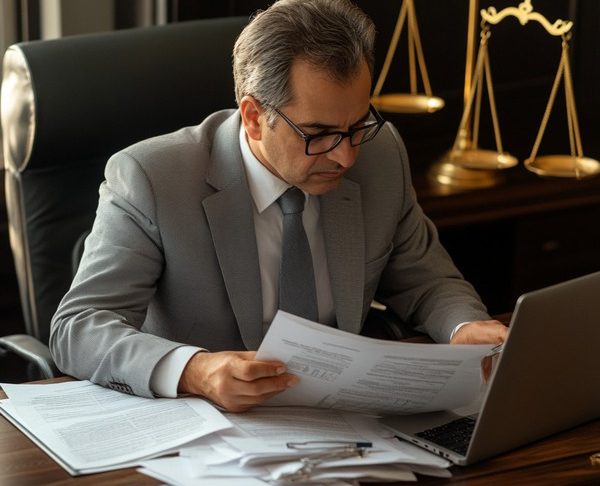Orthopedic surgery for pets can be a life-changing event, and pet owners need to understand the right steps for post-operative care. Proper precautions and attentive care can significantly improve recovery and overall outcomes. Orthopedic surgeries can be life-changing for pets, making attentive post-operative care vital for successful recovery.
Post-op Care for Pets
In this article, we will discuss veterinary care and services, orthopedic surgery, and valuable tips on how to care for your pet during their recovery.
Veterinary Care and Services: Your Partner in Post-Op Recovery
A well-equipped vet clinic offers a range of services crucial for your pet’s overall health and well-being, particularly during recovery from orthopedic surgery. By involving your vet in post-operative care, you can ensure your pet receives the best possible support for their recovery. Typical services offered at their vet clinic include:
- Regular Check-ups: These appointments allow your vet to evaluate your pet’s healing progress, ensuring they stay on track and addressing any complications promptly.
- Pain Management: Proper pain relief is essential during recovery. Your vet will prescribe suitable medications to help manage your pet’s discomfort and advise on how to administer them correctly.
- Rehabilitation Therapy: Many vets provide rehabilitation services to help pets regain strength, mobility, and confidence after surgery. This may include physical therapy, hydrotherapy, and acupuncture.
Veterinary Orthopedic Surgery: What to Expect
Orthopedic surgery involves repairing and correcting issues related to an animal’s bones, joints, and structures. A wide range of procedures falls under this category, such as repairing broken bones, treating joint degeneration, or addressing spinal conditions. For more information on specific types of orthopedic surgeries, visit this page. After surgery, your pet will require attentive care and rest to recover successfully. Here are some helpful tips to guide you through the post-operative care process:
- 1. Follow your Vet’s Advice: Your pet’s needs may vary, so adhering to your vet’s specific instructions is essential in promoting optimal healing.
- Create a Comfortable Recovery Space: Set up a quiet, comfortable space for your pet to rest during their recovery. Ensure the area is easily accessible, clean, and free from hazards such as stairs, slippery floors, or other pets.
- Use a Cone or E-collar: Preventing your pet from licking or biting its surgical site is vital for proper healing. An e-collar or cone may be necessary to stop your pet from accidentally causing infection or damage to its sutures.
- Monitor your Pet’s Surgical Site: Regularly inspect the area around the incision for signs of swelling, redness, or discharge. Consult your vet if you notice any changes or abnormalities.
- Limit your Pet’s Activity: As tempting as it may be for you and your furry friend, ensure that your pet follows strict activity restrictions during recovery. Excessive movement can significantly delay the healing process or even cause complications.
- Schedule Follow-up Appointments: Keep up with all recommended appointments with your vet, as these are crucial in monitoring your pet’s progress and addressing any potential issues early on.
- Encourage Slow, Controlled Movement: Gradually reintroduce your pet to gentle, controlled exercises per your vet’s recommendations. This may include short, leashed walks or assisted stretches to help maintain muscle tone and joint flexibility.
Conclusion
Taking proper care of your pet following orthopedic surgery is essential for their successful recovery. By carefully following your vet’s advice and being attentive to your pet’s needs, you can provide the necessary support and care they require during their healing journey. Remember to use the veterinary care and services available at your local vet clinic, as these can be invaluable resources during your pet’s post-operative care. With the right approach, your furry friend will return to their paws quickly.


